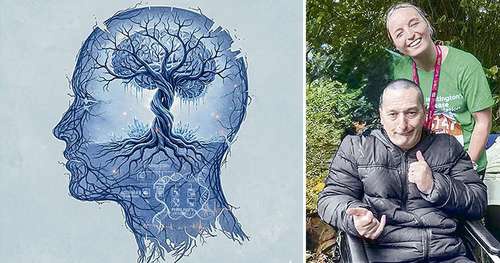Overview
- The Phase 1/2 study with University College London enrolled 29 patients in low- and high-dose cohorts and followed them for three years.
- Patients receiving the high dose had an estimated 75% slower clinical decline at 36 months versus natural-history comparators, according to the company.
- AMT-130 is a one-time gene therapy delivered by stereotactic neurosurgical injection into the striatum to lower production of the toxic huntingtin protein.
- Investigators reported the therapy was generally well tolerated, with adverse events mainly related to the surgical procedure and described as resolved.
- Cerebrospinal fluid neurofilament light levels fell by an average of about 8.2%, while independent experts urged caution given the small sample and reliance on historical controls.

